On Historical Exclusion & Public Commemoration
By Gregory Jost
While it would be amazing to live life with the freedom that comes from not comparing ourselves to others or seeking the admiration of others, these traits are truly part of the human condition. It is where most of our definitions of success in life come from, and what often drives us forward.
When we consider the Hall of Fame of Great Americans, we can first distinguish it from other halls of fame, such as the Baseball Hall of Fame or the Rock and Roll Hall of Fame, by the size of the potential pool of inductees. Each of these other institutions pulls from a specific subset of population that played professional baseball, or was a professional rock or pop musician. Additionally, the criteria for entry are also more clearly delineated in these other halls and there is, in general, a good deal of agreement on the criteria and hence legitimacy of those halls. Those who vote are considered to have a certain degree of authority in each of those fields, either as writers and former players (MLB) or as artists, historians and members of the music industry (R&R).
As we turn to the Hall of Fame of Great Americans, we first notice the broad potential pool of inductees: anyone who has been a “Great American”. Consider now, what is it to be Great, and what is it to be American? The answers, especially to the first question but even the second one, could be answered in a million different ways. In one sense of the term, as humans we are all “great” though most of us are not famous. We also know in this day and age, there are some famous people who are not considered so “great”. It might be helpful to substitute the word “extraordinary” in place of “great” to limit the pool of potential candidates to those who would not be typical, common, or ordinary Americans. But still we have not addressed the important question around who has power in determining what, and who, is deemed great or extraordinary.
This original hall of fame in our nation was set up about 115 years ago to “honor prominent Americans who have had a significant impact on this nation’s history.” In its first 70+ years of existence, the hall was located on the grounds of a prestigious private University in a leafy neighborhood of a middle class, mostly white county that was known for its political power. In that setting, the criteria for entry, the selection committees, and the honorees matched its surroundings, even if calls were made by some to diversify beyond just white males.
Today we encounter this same Hall of Fame on the grounds of a community college comprised of 97% students of color, in a working class borough that has been the home of horrific disinvestment, epidemics and abandonment, as well as the creative and powerful resilience of the human spirit. Some of those selected a century ago would never be chosen to be honored with a bust by today’s student, faculty or administrative bodies.
In other words, the context of the word “Great” has shifted. While this could present a problem stemming from a certain lack of legitimacy, we can shift our own context and view it as a huge opportunity to break open this conversation for how our definitions of success and greatness shift over time, and what stories and histories are worth telling. While we can imagine a number of ways for how to make this happen, it would be most appropriate to sort this out in a broad and open process. Legitimacy can be achieved through shared ownership of both the process and product of any entity.
Questions to explore and unfold include who are the stakeholders, how do we bring them together in a broader conversation that includes understanding the history of the Hall and how and why honorees were chosen, what is the history of the campus, surrounding neighborhoods and region, and how can we use this opportunity to place ourselves into this conversation, both in understanding our own greatness (present and future potential, individual and collective) and in reimagining how we define what it is to be a Great American.




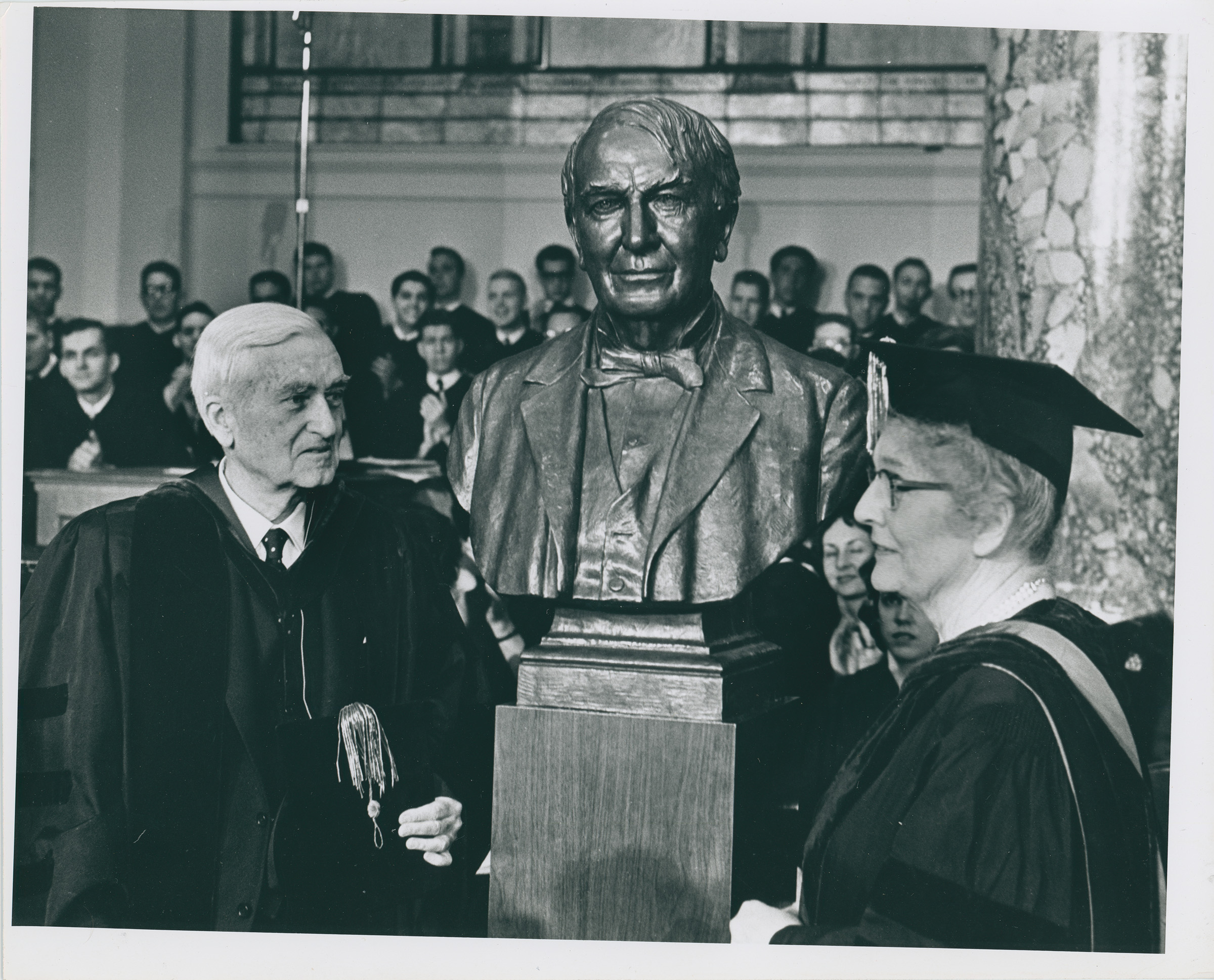
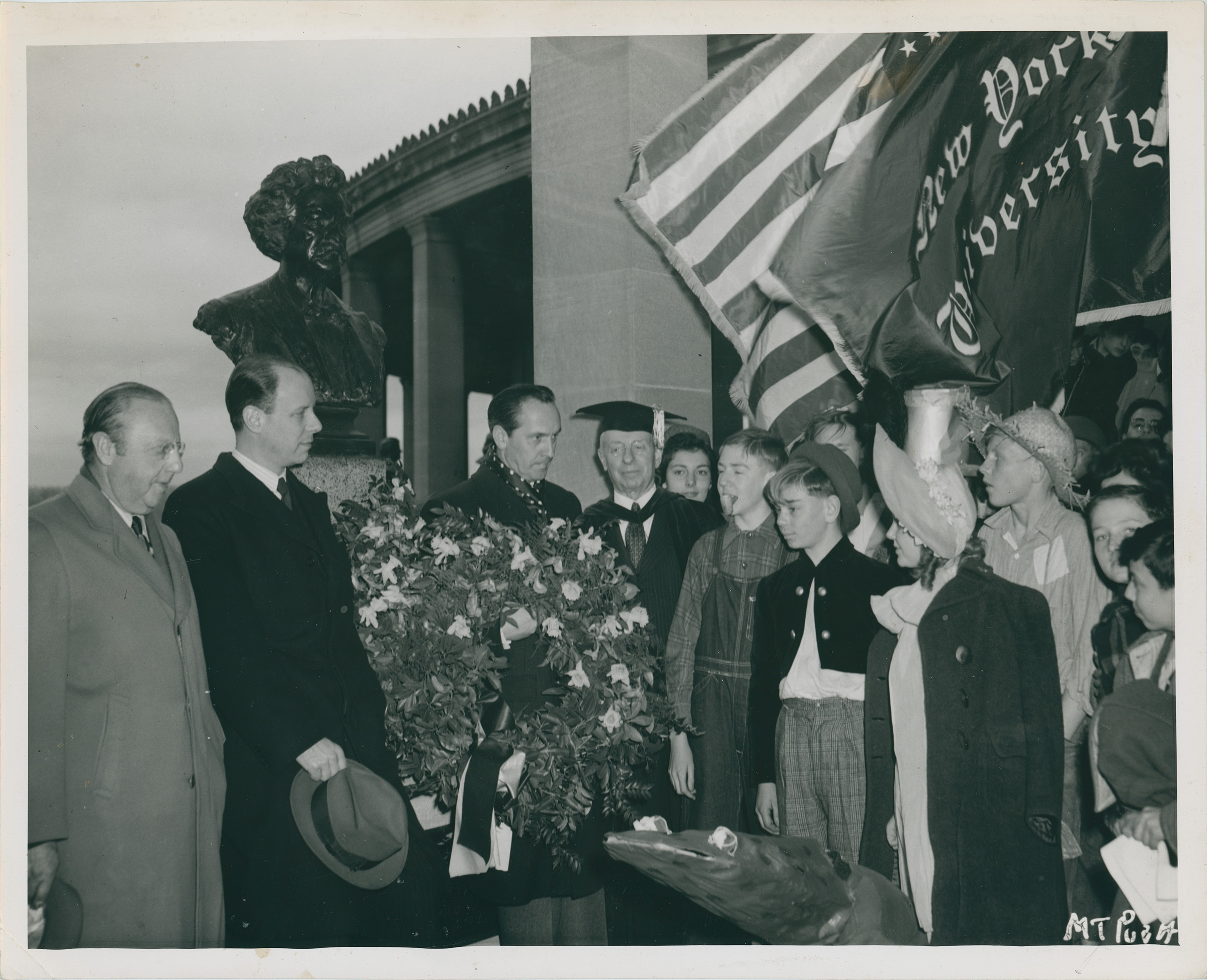
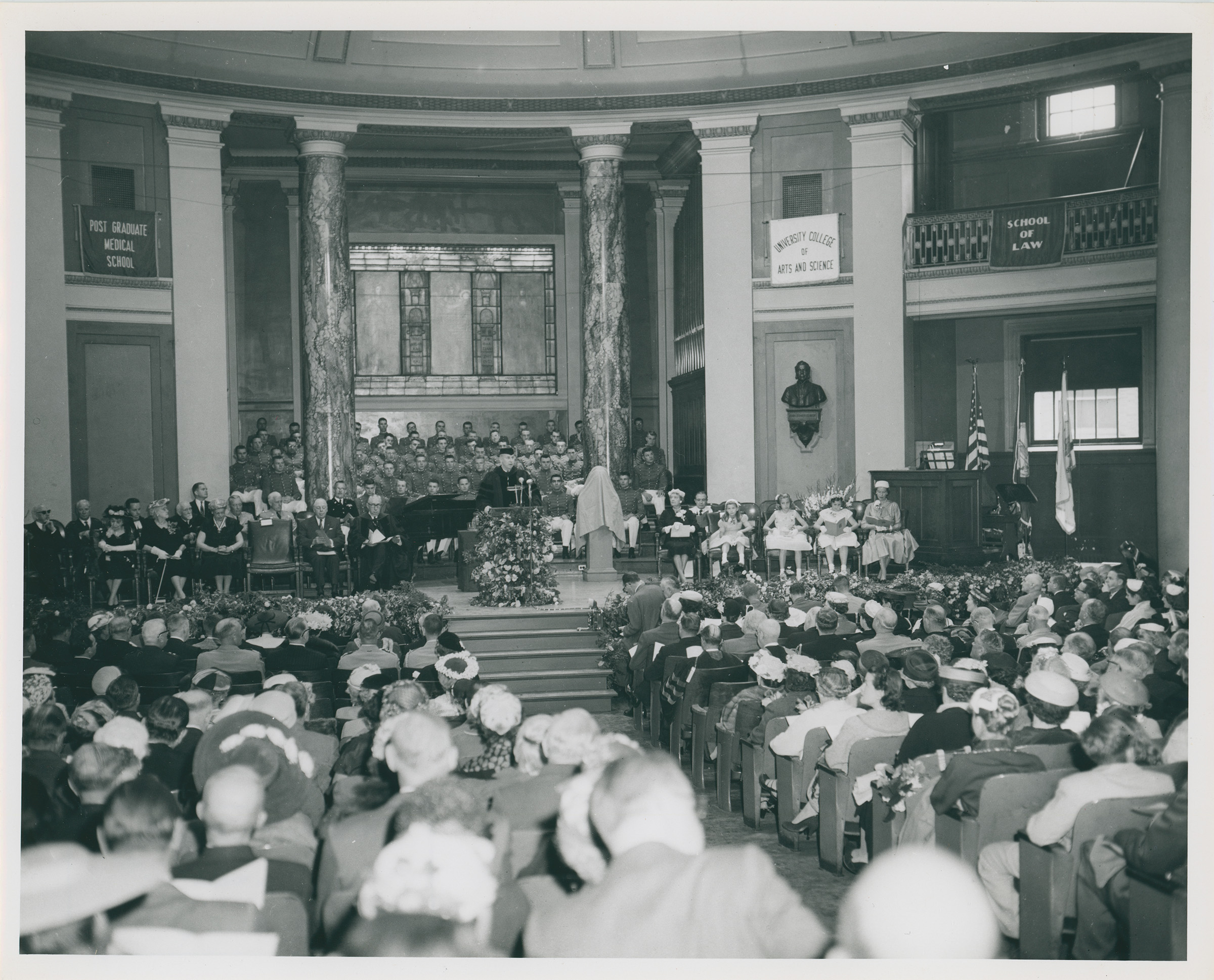
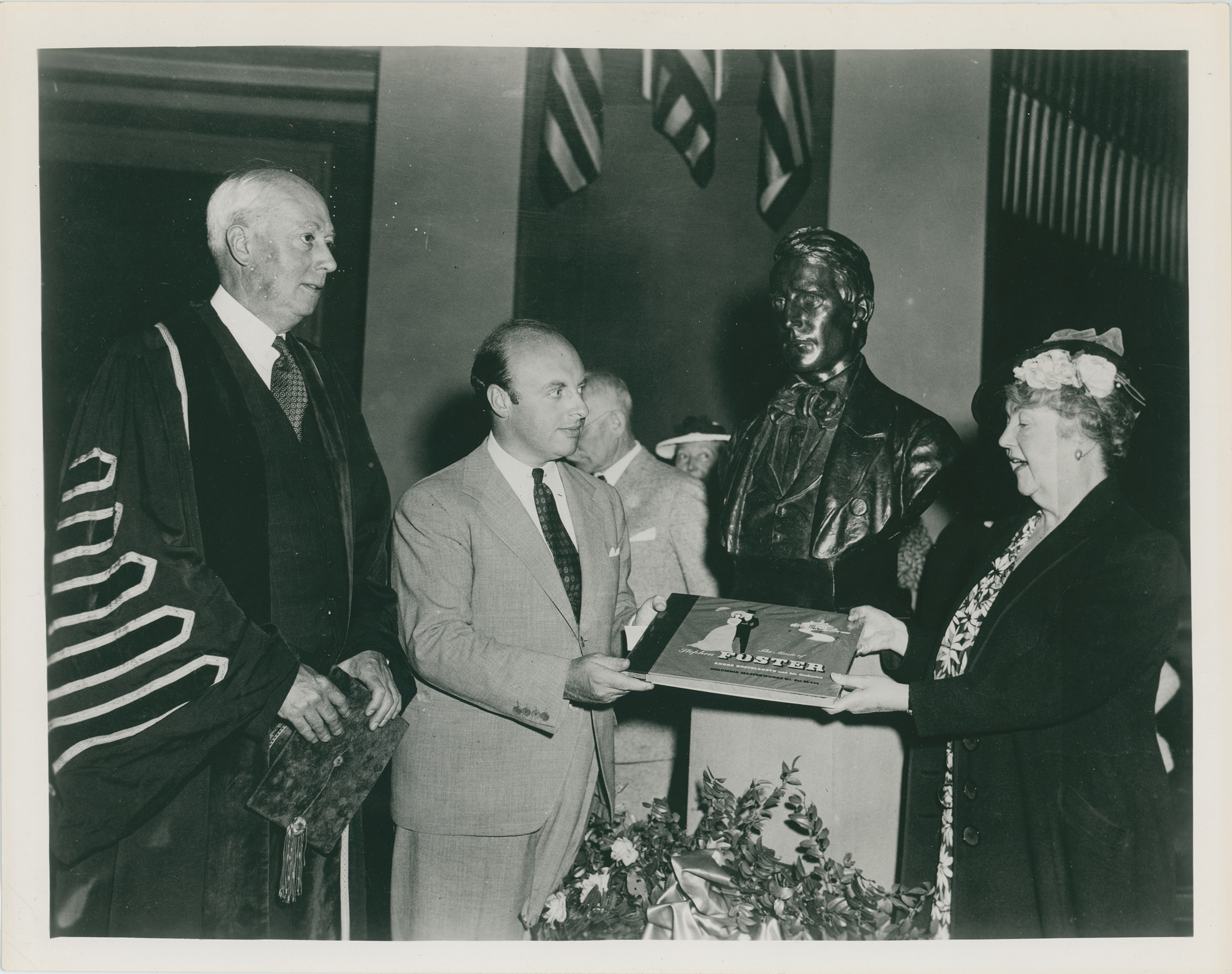
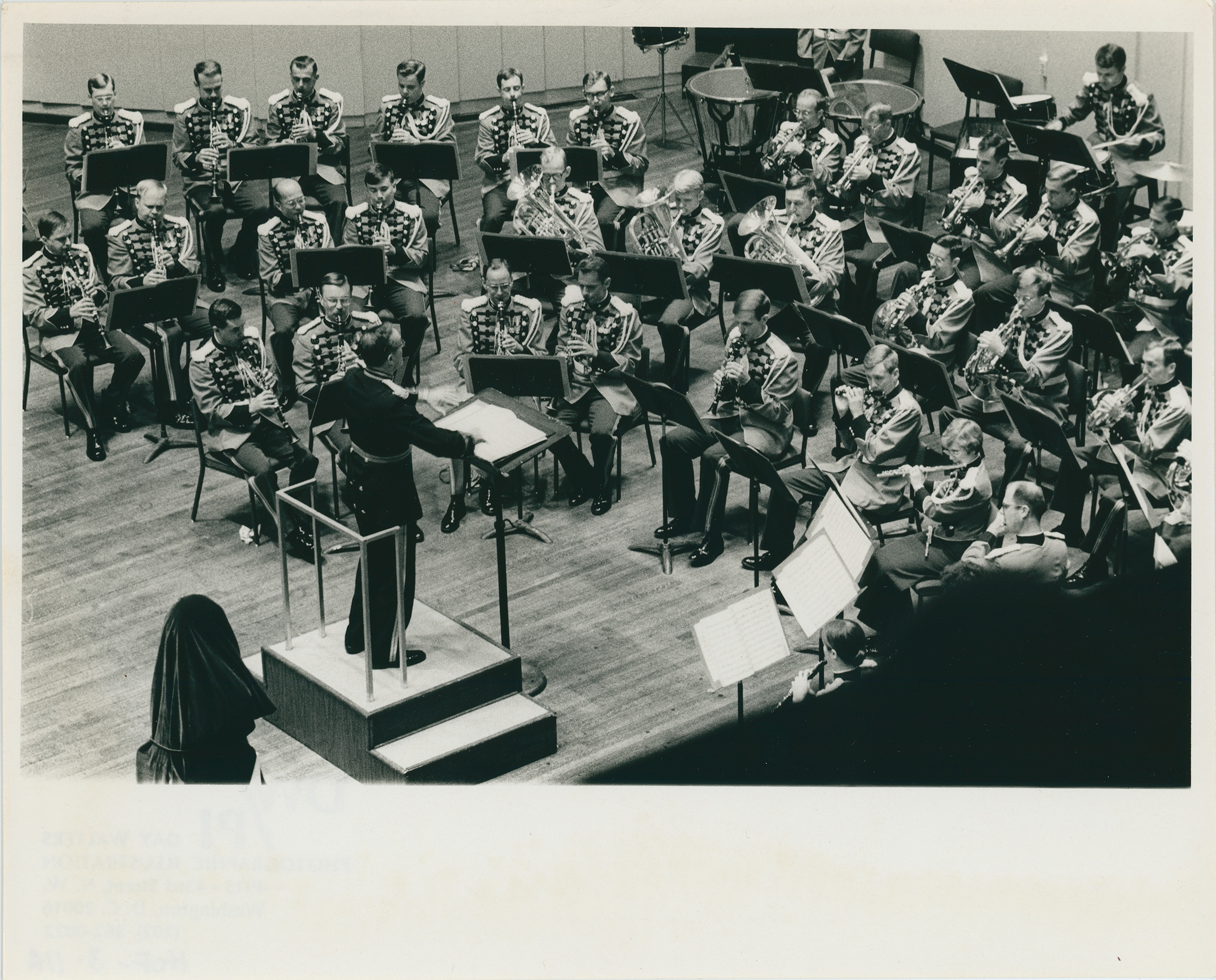
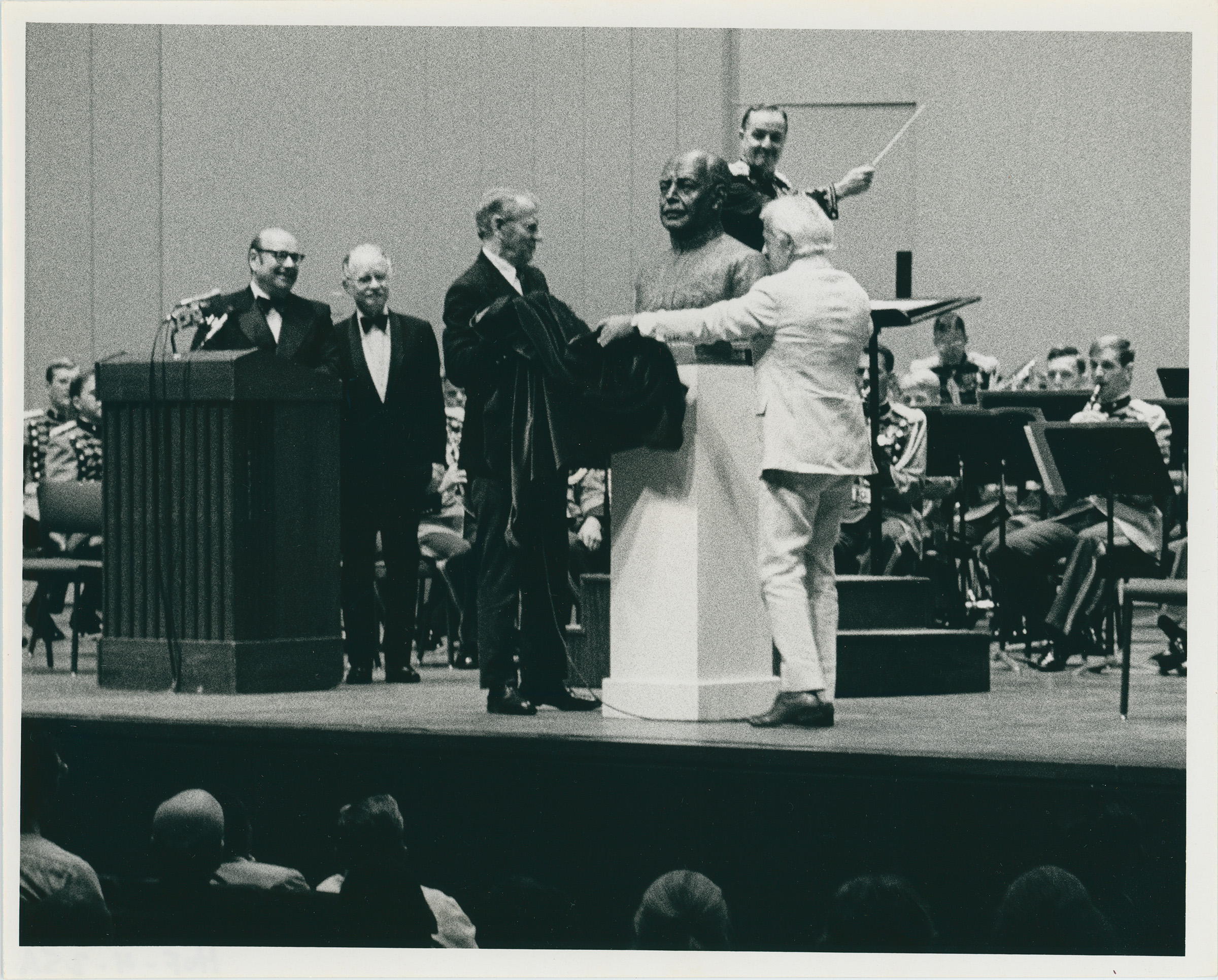
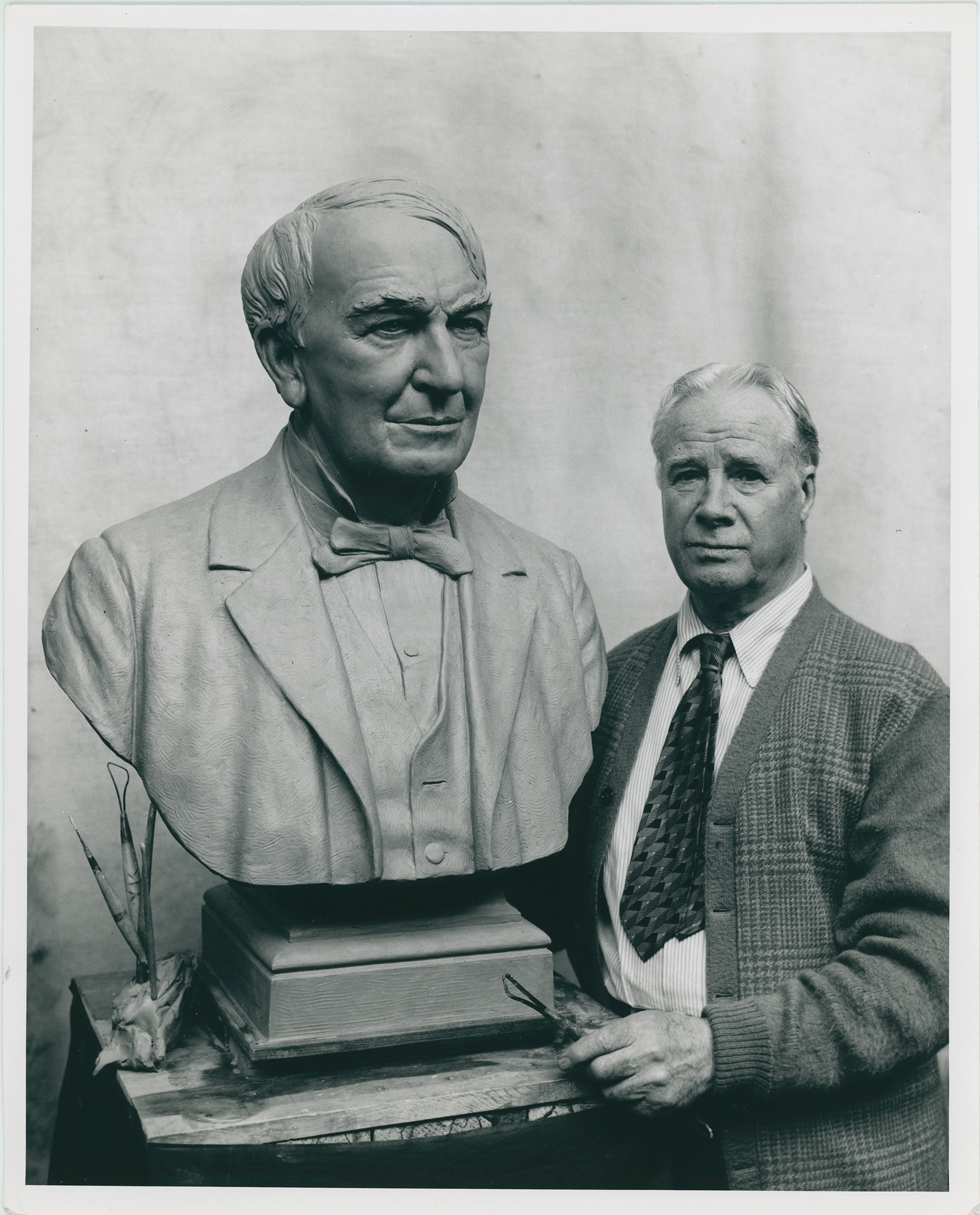
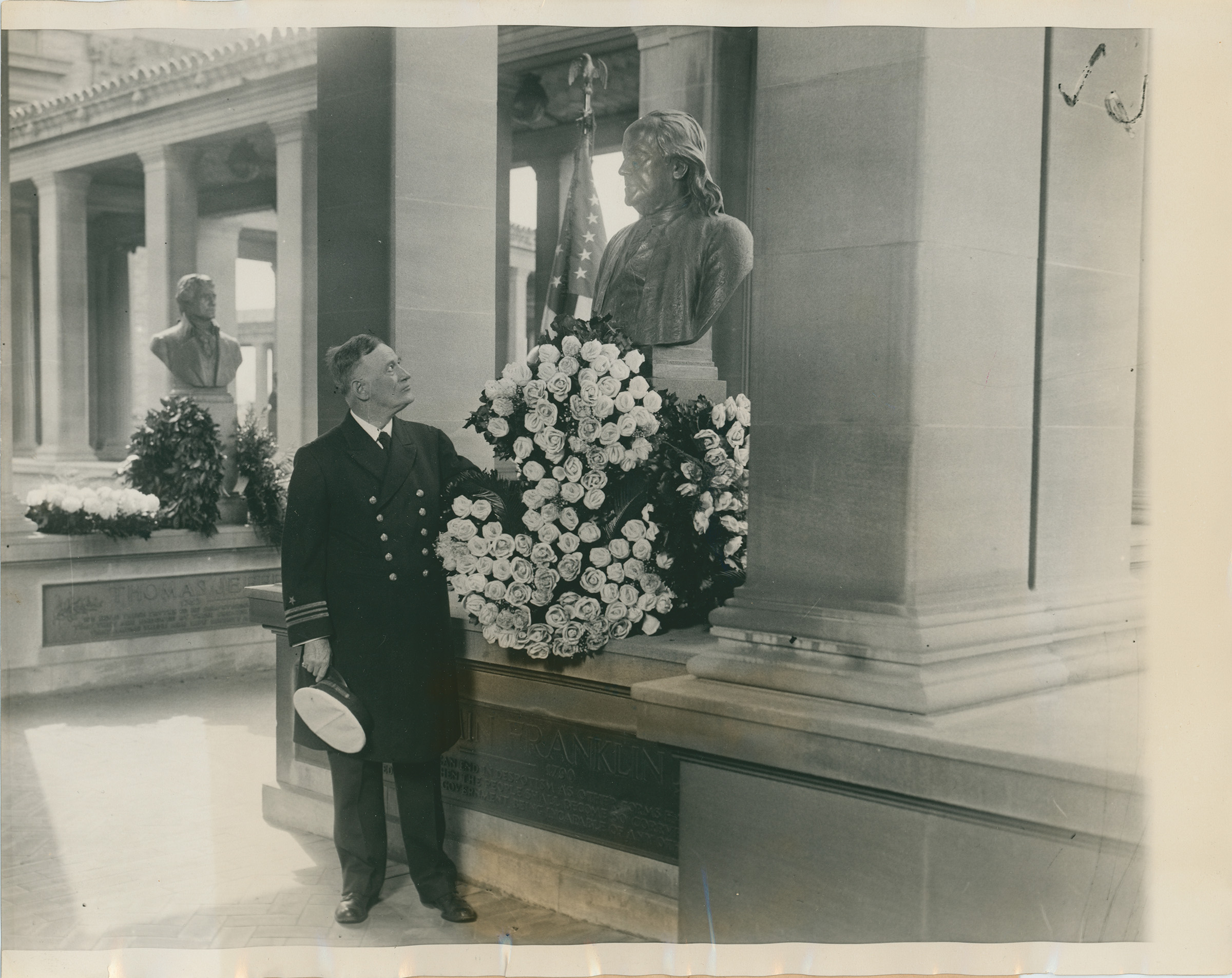


Recent Comments